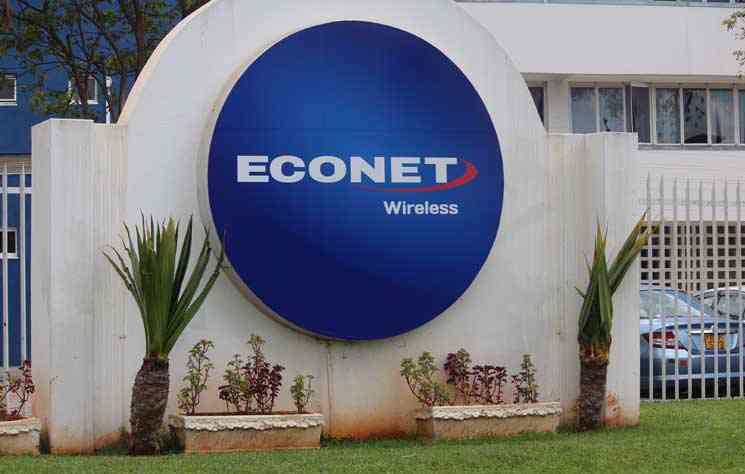
The government should allow telecommunications companies to peg their tariffs in United States dollars to guard against Zimdollar price shocks and to enable them to generate enough revenue to cover rising costs and invest in network expansion programs, analysts have said.
Zimbabwean telcos, including Econet, NetOne, Telecel and TelOne among others, are currently struggling to maintain their networks and invest in new technologies due to non-cost reflective tariffs charged in the local currency.
The Postal and Telecommunications Regulatory Authority of Zimbabwe (Potraz) recently adjusted tariffs in local currency, acknowledging that telecommunication companies face significant cost movements, especially with foreign currency-denominated expenses such as bandwidth costs, software license fees, fuel and spares for network maintenance, and a significant USD debt, leading to foreign exchange losses.
“The Telecommunication Price Index (TPI), which tracks the costs of providing telecommunication services in Zimbabwean dollar terms, has experienced a substantial increase of 528.14% from January to June 2023. This rise in costs has burdened companies, hampering their ability to sustain networks and invest in new technologies,” said the regulator.
To address these challenges, analysts say the government should allow the telecommunications industry to charge cost-reflective tariffs in USD, as this would enable the companies to invest in their networks, improve service quality, and create jobs and boost the economy.
“Companies within the telecoms sector should continually innovate and adopt new technologies to keep up with global standards. To achieve this, the companies need to be viable and attract the necessary capital,” said economist Vince Musewe.
“This requires implementing viable service pricing models, with pegging tariffs to the USD being a positive step towards generating decent revenues and maintain reasonable quality of service.”
Other analysts argue that the sector is a vital part of the Zimbabwean economy, and therefore it is important for the government to support its growth by allowing the companies to charge cost reflective tariffs in USD.
- Billionaire Strive Masiyiwa gains US$1,7 billion
- Can African mining ever be sustainable?
- Billionaire Strive Masiyiwa gains US$1,7 billion
- Can African mining ever be sustainable?
Keep Reading
Several critical sectors such as electricity, fuel and road tolls have already been given the greenlight to peg their fees in USD.
“The operating cost base for the telecommunication industry, including the required investment into critical infrastructure for network development, is all foreign currency-denominated. In order to sustain high network quality, my view is that a USD tariff would have clear advantages for the operators,” said Lloyd Mlotshwa, director at IH Group.
“From a consumer perspective, I would also like to see a clear and transparent pricing model for services that we can compare to peers across Africa, which is hard to do in ZWL,” he added.






